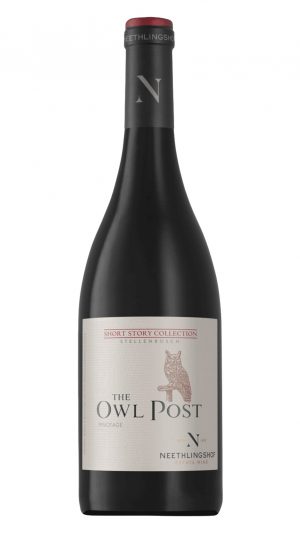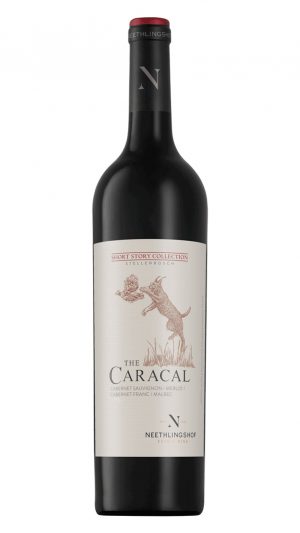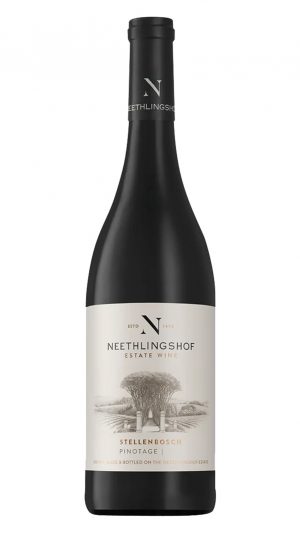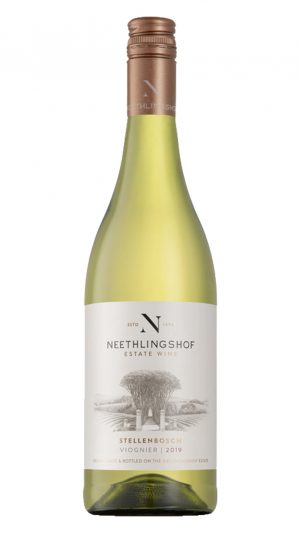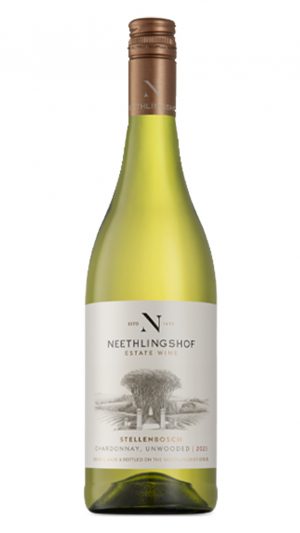Neethlingshof Gewurtztraminer 2021
Type: White
Country: South Africa
Region: Stellenbosch
Grape Variety: 100% Gewurztraminer
Climate: The locality of Neethlingshof enables cool sea breezes from both the Indian and Atlantic oceans to penetrate the vineyards and cool down the grapes during hot summer days
Terroir: The trellised Gewurtstraminer vines, planted in 1988 and grafted onto Richter 99 rootstocks, are established in deep red Tukulu and Oakleaf soils on the southern slopes of the Estate, facing nearby False Bay. Cool aquatic airflow off False Bay rushes through the vineyards, slowing the ripening of the grapes, resulting in more concentrated flavours in the wine
Winemaking: The grapes were harvested by hand in late February at an average sugar level of 23.5° Balling. After clarification of the juice, inoculation with a selected yeast started the fermentation in temperature-controlled stainless-steel tanks. The fermentation temperature was controlled at around 14°C and lasted for 18 days before the wine was racked and readied for bottling
Color: Pale lemon
Nose: Pronounced aromas of litchi, ripe yellow apples and rose petals
Palate: Notes of lychee and kiwi fruit characters, finishing off with a hint of orange marmalade. This wine is a true reflection of its terroir
About the Winery:
In the heart of the Cape wine region, you will find Neethlingshof Estate, one of the oldest wine estates in South Africa. Wines have been produced here since 1692. Originally founded by a German immigrant named Willem Barend Lubbe, it now produces high-quality wines from the Western Cape. Since 2003, they have also been pursuing an active biodiversity strategy to limit the monoculture of wine.
The estate grows many different grape varieties, including well-known ones such as Cabernet Sauvignon, Merlot, Chardonnay or Chenin Blanc, but also the Pinotage, Gewürztraminer or Riesling typical of South Africa.
With their south and southwest exposure, the plants soak up plenty of sun during the day, while being cooled by cold sea air at night. The growth process is thus rather slow, which gives the grapes a ripe aroma.



